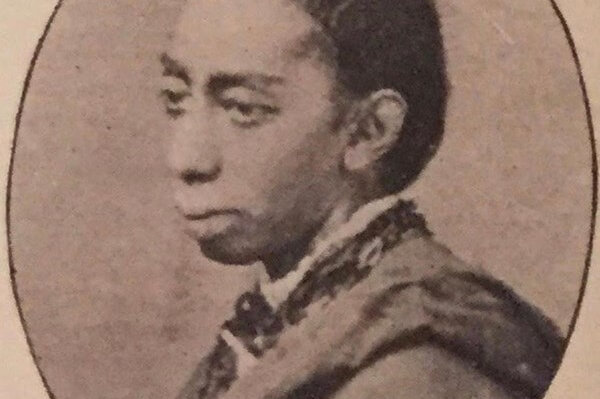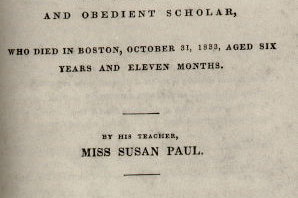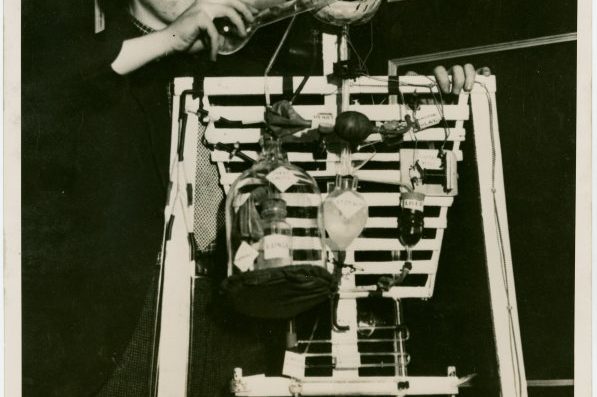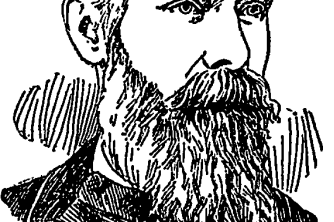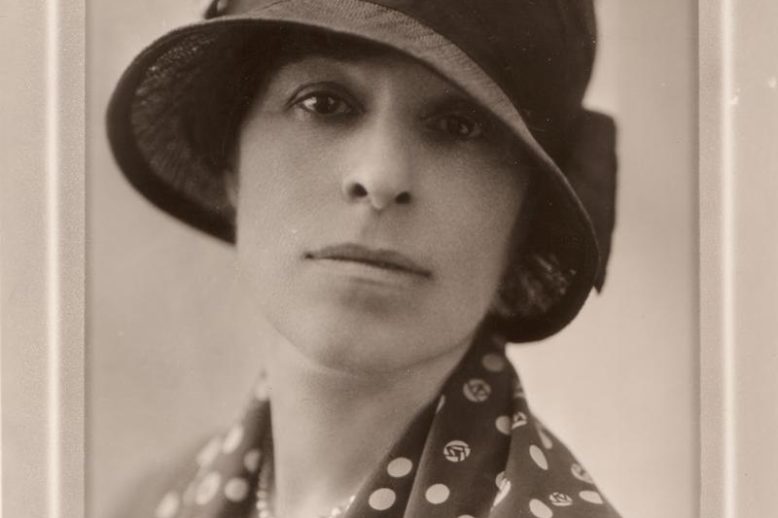Eliza Gardner: A Life Dedicated to Activism and Service
Raised in a West End home which served as a refuge for fugitive slaves, Eliza Ann Gardner learned the power of social activism at an early age. She dedicated her long life to the struggle for abolitionism, women’s rights, temperance, and still managed to run a successful business. She contributed significantly to the transformation of Black women’s roles in churches and public culture, and served as an inspiration to millions around the world, including her younger cousin, academic and civil rights leader W.E.B. DuBois.

